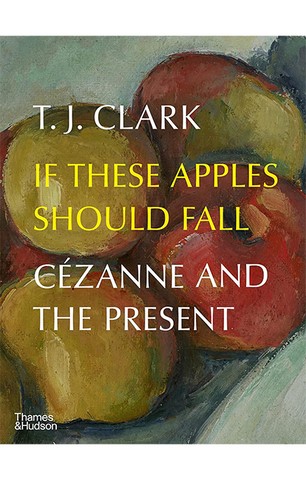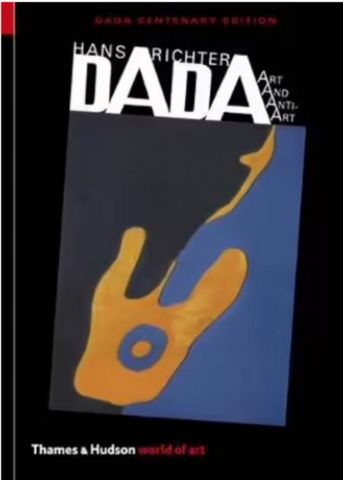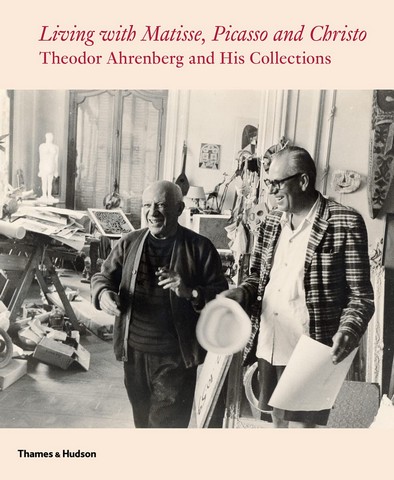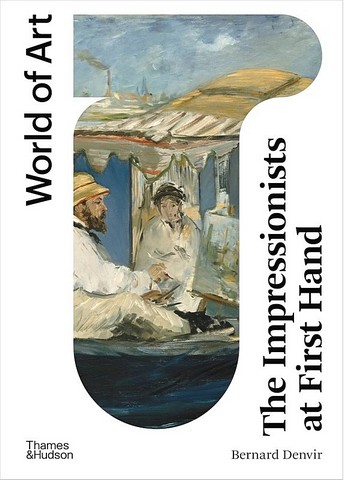💕
💕 Надішли валентинку до Дня Святого Валентина!💕 Надішли валентинку!
Створи особливе повідомлення 💌 Доставка 14 лютого💌 14.02

If These Apples Should Fall. Cezanne and the Present
Автор: T. J. Clark
Видавництво: Thames and Hudson
В наявності
Кількість сторінок240
Рік видання2022
For more than a century the art of Paul Cezanne was deemed to hold the key to modernity. His painting was a touchstone for Samuel Beckett as much as Henri Matisse. Rainer Maria Rilke revered him deeply, as did Pablo Picasso. If we lost touch with his sense of life, they thought, we lost an essential element in our self-understanding.
In If These Apples Should Fall, T. J. Clark looks back on Cezanne from a moment – our own – when such judgments may seem to need justifying. What was it, the book asks, that held Cezanne's viewers spellbound?
At the heart of Cezanne lies a sense of disquiet: a homelessness haunting the vividness, an anxiety underlying the appeal of colour. T. J. Clark addresses this strangeness head-on, and examines the art of Pissarro, Matisse and others in relation to it; above all, he speaks to the uncanniness and beauty of Cezanne's achievement.
In If These Apples Should Fall, T. J. Clark looks back on Cezanne from a moment – our own – when such judgments may seem to need justifying. What was it, the book asks, that held Cezanne's viewers spellbound?
At the heart of Cezanne lies a sense of disquiet: a homelessness haunting the vividness, an anxiety underlying the appeal of colour. T. J. Clark addresses this strangeness head-on, and examines the art of Pissarro, Matisse and others in relation to it; above all, he speaks to the uncanniness and beauty of Cezanne's achievement.






Коментарі
Немає коментарів. Будьте першим, хто залишить коментар!